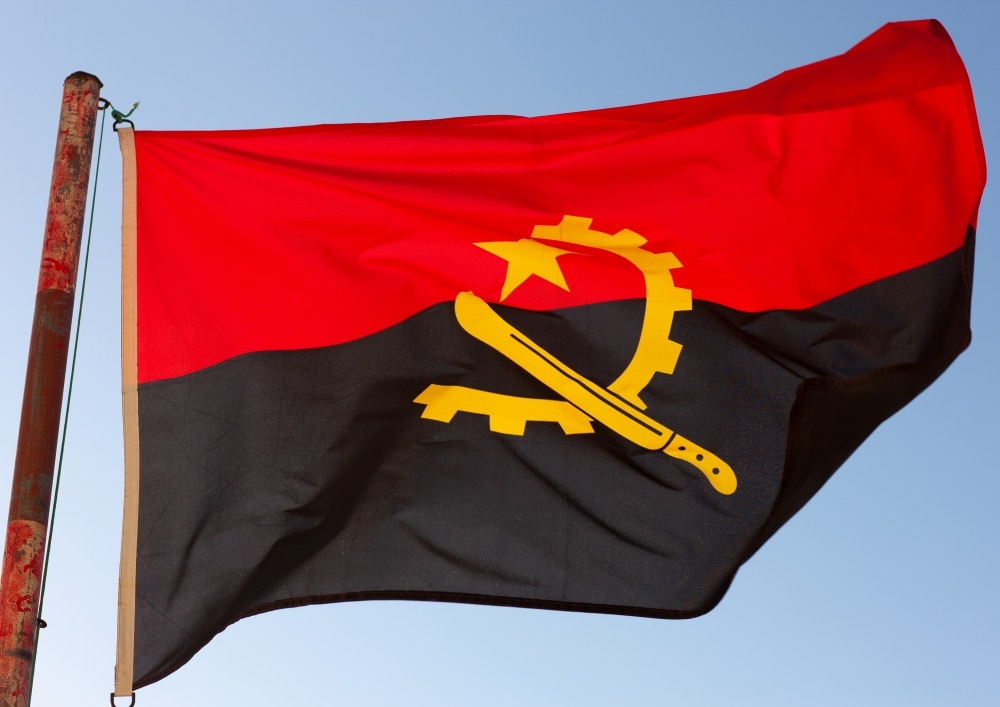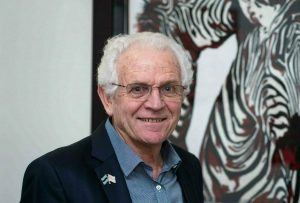By Riaan Lombard
The ruling party in Angola, the Movimento Popular de Libertação de Angola (MPLA), has changed its thinking about the state’s role in the economy under the presidency of João Lourenço.
The ideology of large state control over the oil and other sectors of the economy at the time of the Dos Santos regime has now given way to a greater affection towards the free market(i).
A reason for this exchange rate change is Angola’s heavy dependence on oil. The government has been relying heavily on oil for several decades to finance its spending and this commodity is responsible for between 80 and 90 percent of the country’s export earnings. However, the long-term outlook for the country’s oil production is less promising. Furthermore, the sharp fall in the international oil price during the period June 2014 to January 2016 exposed the country’s vulnerability to oil price fluctuations anew. This again highlighted the urgency for greater diversification.
The oil price shock of 2014-2016 forced a deeply-in-debt Angola to seek help from the International Monetary Fund (IMF). This rapprochement, as well as the need for foreign investment, were among the reasons for the new direction the MPLA is taking.
The limitations and failures of the state were all too clear when Lourenço took over the presidency in 2017. For several decades, Angola’s state machinery has favored a small elite. Instead of securing prosperity through the production of goods and services in a competitive market, the handful of people enriched themselves through corruption and/or state-obtained access to the country’s oil resources. Income distribution in Angola today is particularly skewed and more than half of the population is still very poor.
The Angolan government hopes that a private sector-driven economy will result in more inclusive, stronger economic growth – growth that should significantly alleviate the country’s poverty in the long run.
Although Angola is still considered by institutions such as the Heritage Foundation to be a country where people and businesses have limited economic freedoms, there are signs that the government is starting to add action to its words. For example, the Lourenço government has already privatized more than 90 state-owned enterprises. Some high-ranking Angolans – among others, the former president’s son – were charged and sentenced for corruption. The reforms of the past five years have also ensured better macroeconomic management. The government has confirmed the central bank’s autonomy, inflation is lower, and the exchange rate is also more flexible than in the past.
The establishment of a more business-friendly climate and smaller role for the state is accompanied by trade-offs. These exchanges will thoroughly test the Angolan government’s commitment to the new way forward. Structural change is a time-consuming process. Obstacles for firms, such as the country’s poor infrastructure and high levels of unskilled labor, are also not going to disappear overnight.
But at least the declared – and here and there, proven – swing away from excessive state control is already good news for South African companies with subsidiaries in Angola and for firms looking for new business opportunities.
Economic realities made the MPLA government decide to relax state control in the Angolan economy. In South Africa, by contrast, new draft legislation proves the ANC government’s preference for greater regulation and more interference in the affairs of businesses. A tragedy for many.
(i) “We were a centrally planned economy and we’re now making sure that the private sector is at the center of the economy. It’s a dramatic change, but we are ready for that.” – Mário Augusto Caetano João, Angola’s Minister of Economy and Planning, in an interview with African BusinessApril 2023.
- Riaan Lombard is an independent economist.








